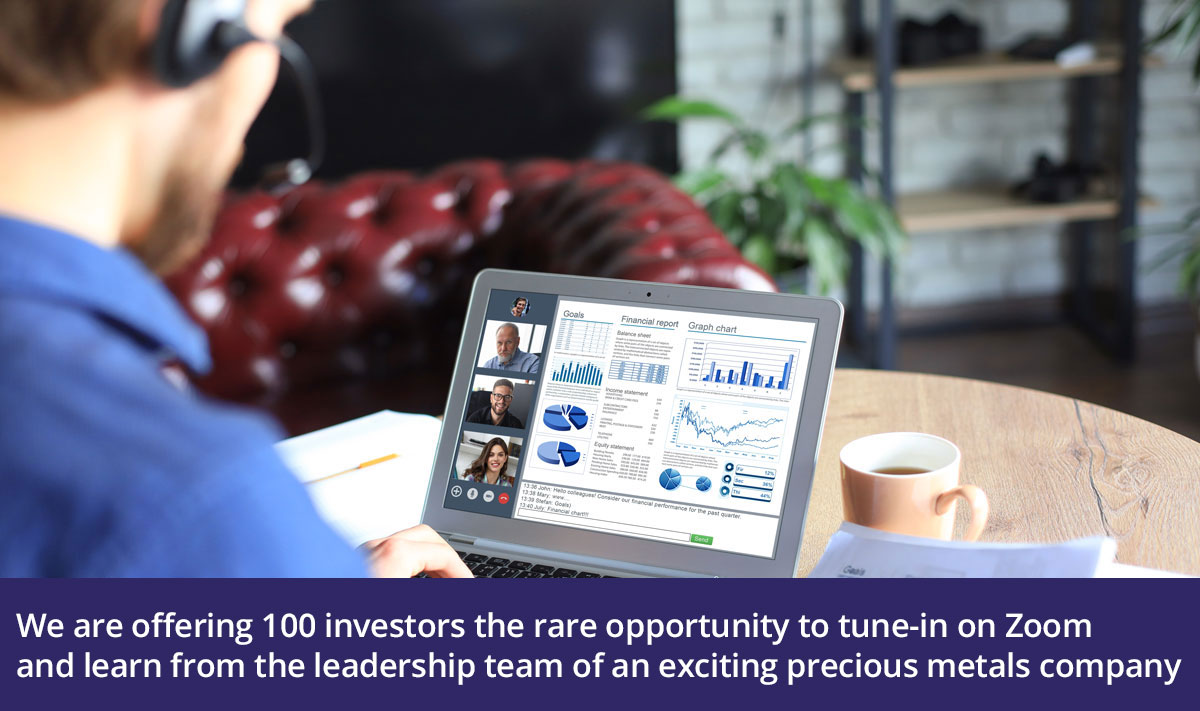China Lifts REE Ban to Japan
Source: Reuters, Yuko Inoue (9/29/10)
"Concerns ease regarding a bitter feud between Asia's two biggest economies."
China has ended a de facto ban on exports to Japan of rare earth minerals, a Japanese trading firm source said on Wednesday, easing concerns about fallout from a bitter feud between Asia's two biggest economies.
Tokyo and Beijing have been bickering over Japan's detention of a Chinese fishing boat skipper whose trawler collided this month with two Japan Coast Guard ships near uninhabited islands in the East China Sea that both sides claim.
Japan released the skipper on Saturday but a war of words has continued as each side insists the other is to blame.
Japanese Prime Minister Naoto Kan is set to attend an October 4–5 Asia-Europe summit in Brussels but it is unclear whether he will meet Chinese Premier Wen Jiabao—who snubbed the Japanese leader at the United Nations last week—on the sidelines.
The islands, called the Diaoyu in China and Senkaku in Japan, are near rich fishing grounds and potentially large oil and natural gas reserves.
China has denied imposing an export ban on the rare earth metals, essential for a raft of products from electronics to cars, but Japan's government has been investigating the situation.
The Japanese trading firm source said Chinese exports were still being delayed by pre-shipment checks. "There is a long line at the customs office," the source told Reuters.
China accounts for about 97% of the world's total production of rare earth elements, about half of which are exported to Japan.
Total export quotas for 2010 had already been cut by about 40% from last year's level, raising concerns not just in Japan but Europe and the United States.
Japanese Trade Minister Akihiro Ohata said on Tuesday that the country should diversify rare earth mineral suppliers to other countries including Canada, Vietnam and the United States.
Tokyo and Beijing have been bickering over Japan's detention of a Chinese fishing boat skipper whose trawler collided this month with two Japan Coast Guard ships near uninhabited islands in the East China Sea that both sides claim.
Japan released the skipper on Saturday but a war of words has continued as each side insists the other is to blame.
Japanese Prime Minister Naoto Kan is set to attend an October 4–5 Asia-Europe summit in Brussels but it is unclear whether he will meet Chinese Premier Wen Jiabao—who snubbed the Japanese leader at the United Nations last week—on the sidelines.
The islands, called the Diaoyu in China and Senkaku in Japan, are near rich fishing grounds and potentially large oil and natural gas reserves.
China has denied imposing an export ban on the rare earth metals, essential for a raft of products from electronics to cars, but Japan's government has been investigating the situation.
The Japanese trading firm source said Chinese exports were still being delayed by pre-shipment checks. "There is a long line at the customs office," the source told Reuters.
China accounts for about 97% of the world's total production of rare earth elements, about half of which are exported to Japan.
Total export quotas for 2010 had already been cut by about 40% from last year's level, raising concerns not just in Japan but Europe and the United States.
Japanese Trade Minister Akihiro Ohata said on Tuesday that the country should diversify rare earth mineral suppliers to other countries including Canada, Vietnam and the United States.


















































